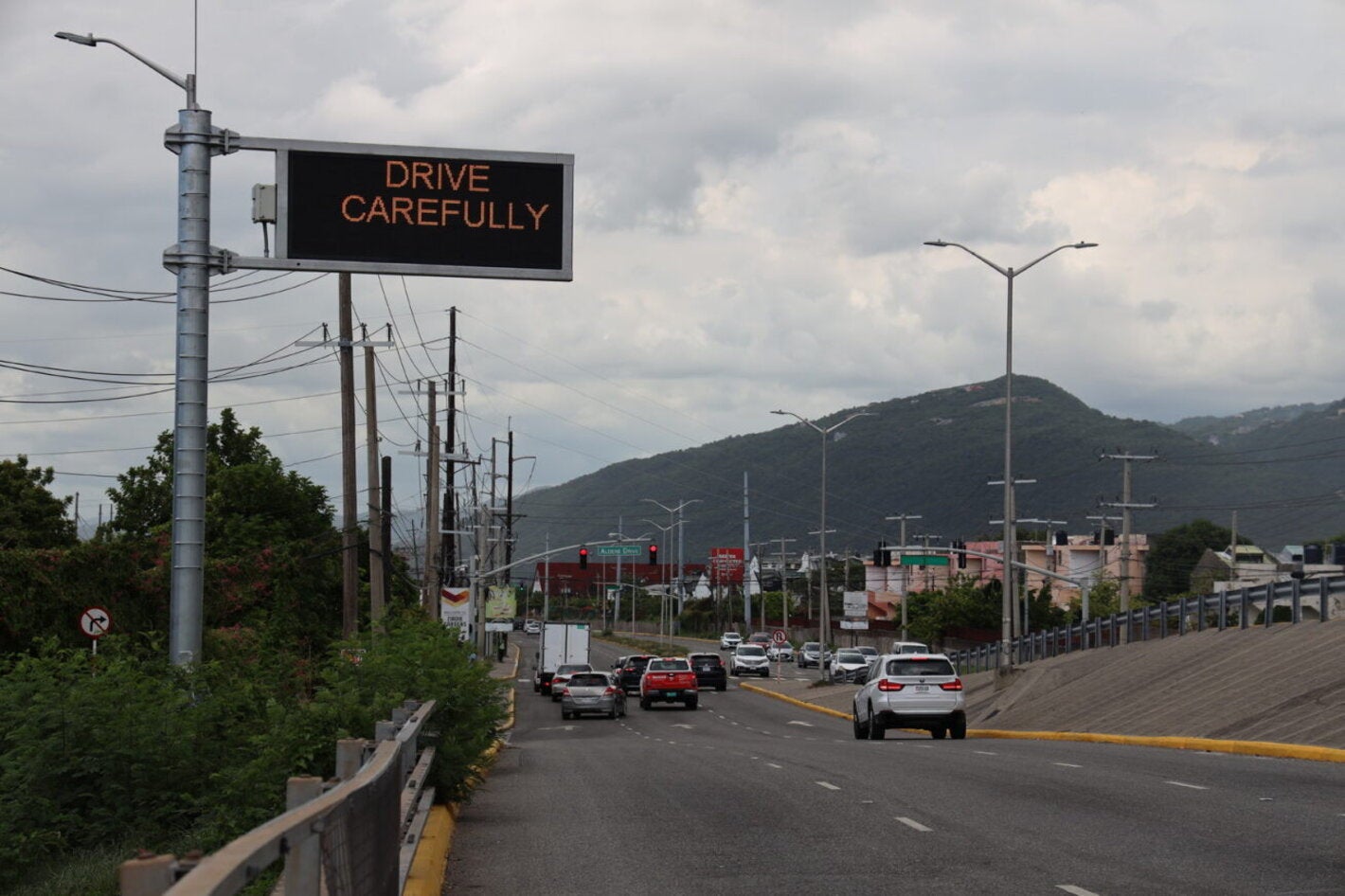
Kingston, Jamaica, January 11, 2024 (PAHO) – The concern about the persistently high rates of road traffic deaths on Jamaica's roads took center stage at today's National Road Safety Council (NRSC) Review Meeting in Kingston.
Despite proactive efforts by the government through the NRSC, the death toll remains alarmingly high each year. The crisis is fueled by social determinants such as excessive speeding and drink-driving.
According to the Road Safety Unit, Jamaica recorded 425 road fatalities in 2023. This represents a 13 percent decrease when compared to the 488 fatalities reported for the corresponding period in 2022.
Comparative studies conducted by the World Health Organization (WHO) in 2021 revealed that Jamaica's road fatality rate of 18 per 100,000 population per year is higher than the average for the Region of the Americas (14.1).
In his comments to the discussions, PAHO/WHO Representative for Jamaica, Bermuda, and the Cayman Islands, Ian Stein, emphasized the immediate need for an intersectoral and all-of-government approach to formulate and enforce effective policies and interventions.
Despite the disappointing figures, Mr. Stein asserted that the road safety challenges in Jamaica present "real opportunities for improvement," with particular attention needed to address alarming statistics related to motorcycle fatalities.
Collaborating with the NRSC, the Pan American Health Organization (PAHO) is actively involved in enhancing road safety strategies to create a safer and more sustainable transport environment across the island.
In 2023, PAHO supported a road safety management capacity review conducted by the NRSC. PAHO is also leading the implementation of a collaboration with the United Nations Road Safety Fund, focusing on the Safe System Approach for Safer Roads in Jamaica. This effort focuses on road safety management, behavior improvement, and post-crash care outcomes in alignment with the WHO/United Nations Global Plan for the Decade of Action for Road Safety 2021-2030.
The Safe System Approach, championed by the Global Plan, prioritizes people and safety and has shown success in regions such as the Western Pacific, which reported a 15% decline in traffic deaths in 2021.



